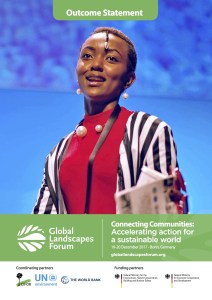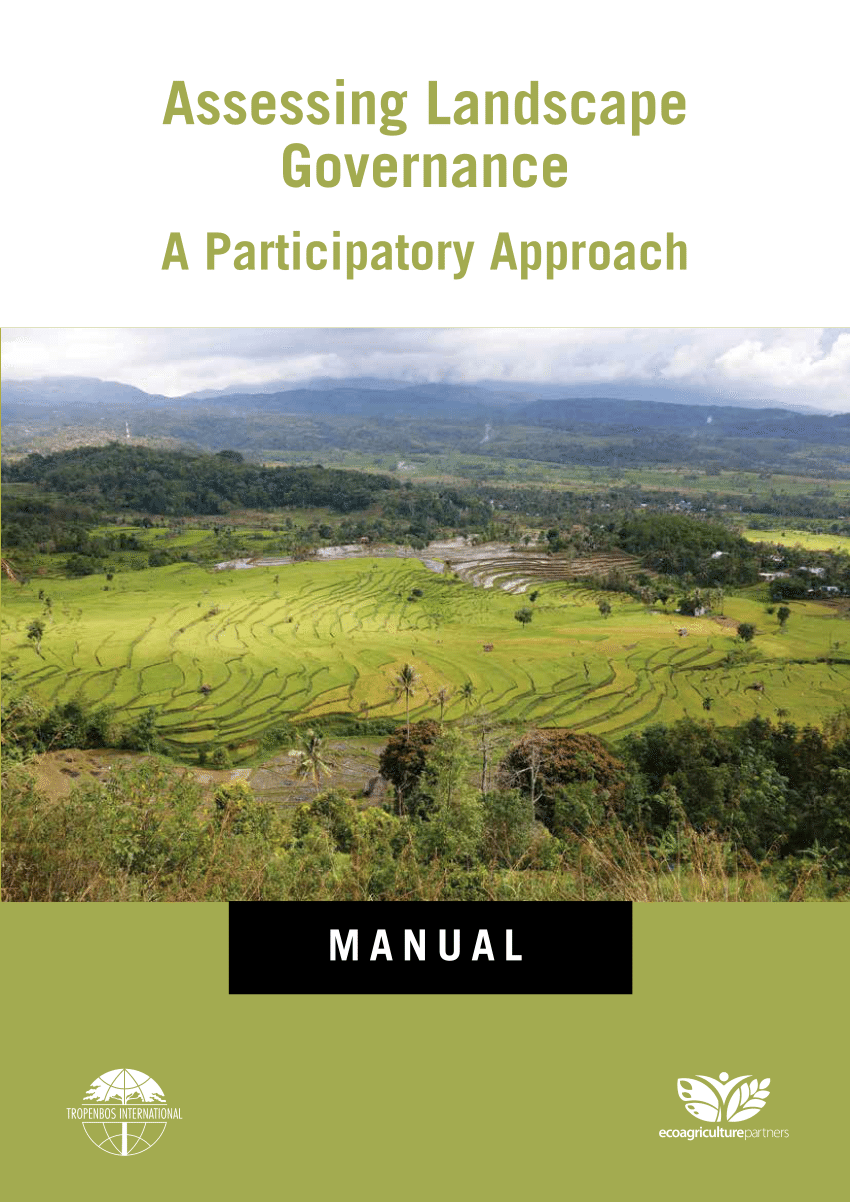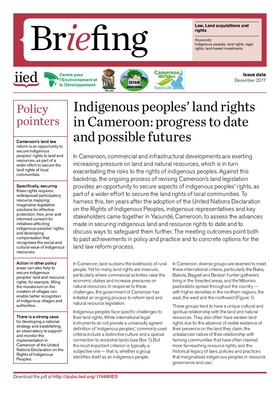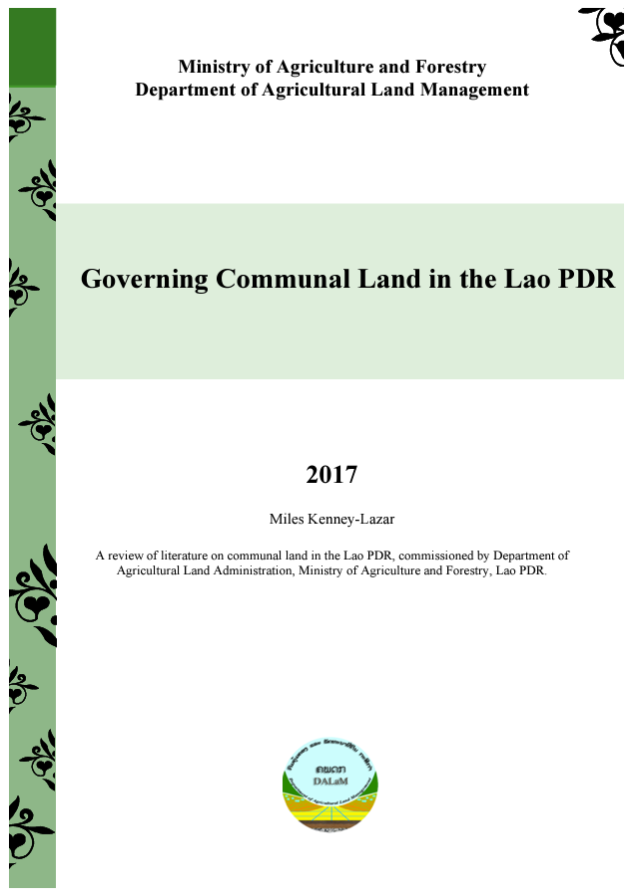Supporting the implementation of the VGGT in Mongolia
The purpose of these Voluntary guidelines is to serve as a reference and to provide guidance to improve the governance of tenure of land, sheries and forests with the overarching goal of achieving food security for all and to support the progressive realization of the right to adequate food in the context of national food security. This video is produced by PCC in their effort to support the implementation of the VGGT









